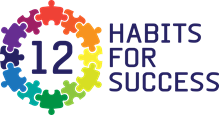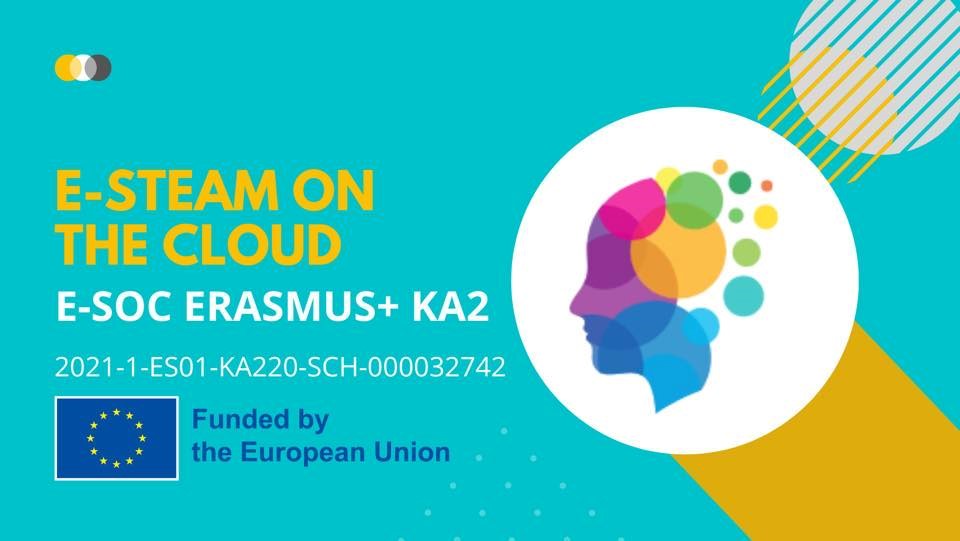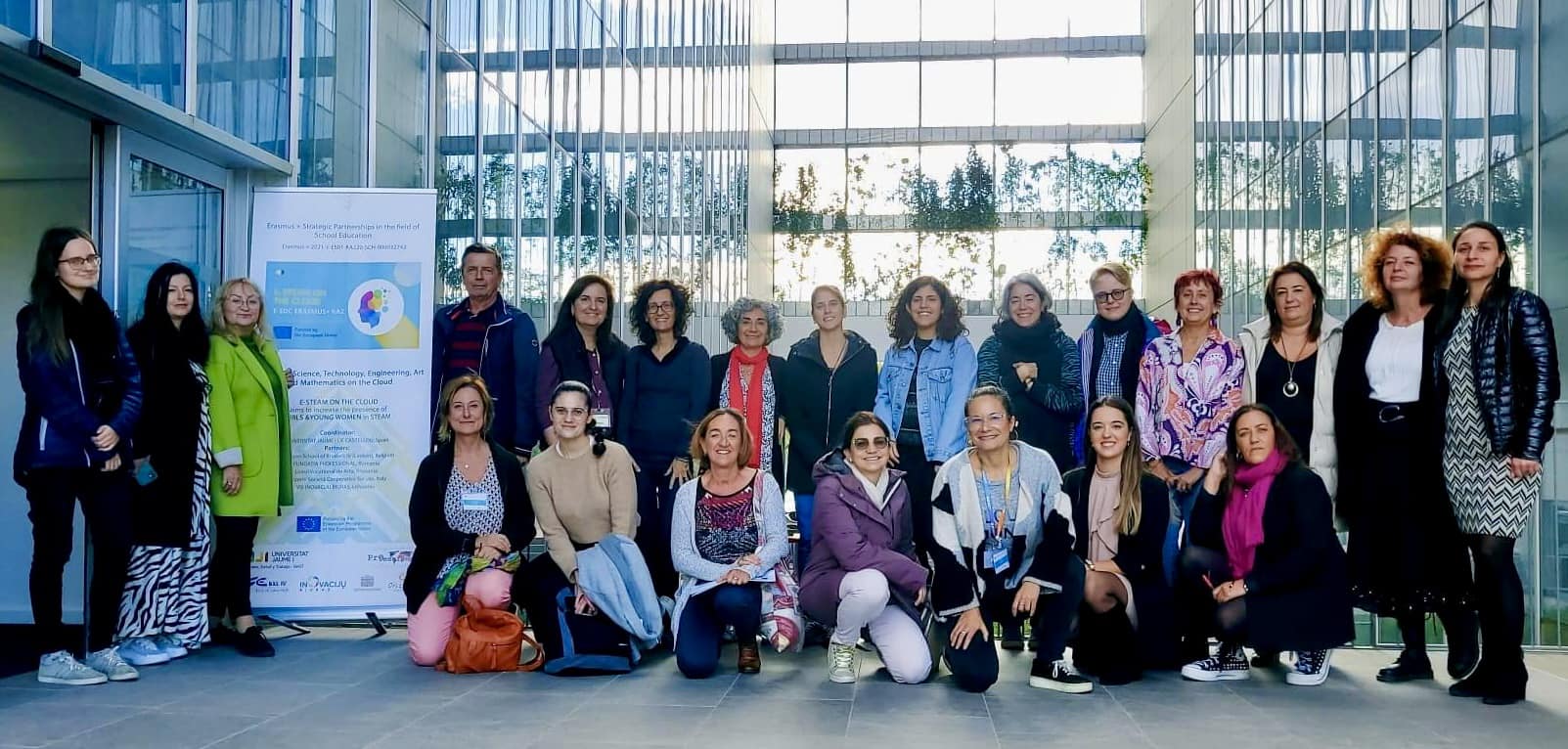
OUR SCHOOL
![]()
Erasmus+
The Erasmus+ programme was developed by the European Union. It aims at supporting education, training, youth and sport in Europe.
More information on the website of Erasmus+.

![]()
Accreditation in School Education
In 2024, our school has achieved Erasmus+ accreditation for the period February 2024 to December 2027.
This important accreditation recognises our school’s commitment to fostering excellence in education through international cooperation and innovation.
The school’s action plan, centered around three key objectives and a series of activities, reflects its desire to provide a holistic and enriching educational experience for its pupils.
Objectives
Objective 1: Strengthen the positive atmosphere
The first objective aims to strengthen the positive atmosphere at school by transmitting socio-emotional and self-regulation skills in order to prioritise pupil well-being.
Objective 2: Professional development of teachers
The second objective aims to establish a system of professional development and training of teachers. This involves implementing the 8 key competences to improve our school’s teaching and learning quality.
Objective 3: Promote learner-centered pedagogy
The third objective focuses on promoting a common learner-centered educational approach, emphasising creativity, critical thinking and developing digital and ecological competence.
Our main activities will include
Observation mobility
Teachers and teaching staff will have the opportunity to engage in observation mobility, visiting different schools across the EU to observe how the 8 key competences are integrated into learning. This includes harmonisation, digital skills, ecological knowledge and the promotion of European values.
Training Mobility
In situ, hybrid and/ or online training sessions and lesson observations will build teacher capacity. During the pedagogical days, external experts will be invited to provide training on inclusion, diversity, critical and creative thinking, socio-emotional skills and well-being.
Pupil Mobility
The school plans to support the mobility of approximately 200 pupils over three years, providing a unique opportunity for educators and pupils to engage in intercultural experiences.
Erasmus+ accreditation is a tool for education and training organisations in adult education, vocational education and training (VET), and school education that want to open up to cross-border exchange and cooperation.
Accreditations are open to all organisations that want to organise mobility activities on a regular basis. Award of the Erasmus accreditation confirms that the applicant has set up an Erasmus Plan to implement high-quality mobility activities as part of a wider effort to develop their organisation.
Easmus+ accreditation gives organisations simplified access to Key Action 1 funding every year to implement their planned mobility activities and achieve the Erasmus Plan objectives.
![]()
We are involved in…
Pupils and teachers of both schools taking part in this exchange will discover their cultures through the practice of French and the discovery of European classical music on the one hand, and the practice of English and the discovery of traditional Irish music on the other hand.

“12 Habits for Success” is a project led by five European countries (Belgium, Bulgaria, Italy, Portugal and Romania). It is coordinated by six schools and two training organizations..
Its aim is to create a unique and innovative tool to support teaching staff in their daily work. This tool is intended to be beneficial for pupils and teachers on the personal level as well as on academic and professional ones.
It is first of all a question of developing the pedagogy to better take into account the heterogeneity of the learners’ audiences. It is also about building on the cultural diversity of both learners and teachers to enrich learning and anchor it in life. Finally, it is a matter of making language learning a vehicle for education for European citizenship and eco-citizenship.
One of the main challenges facing our economies is relaunching productivity growth and it is crucial to invest in knowledge, skills and abilities. Actions should be taken towards more open learning environments to deliver education of higher quality and efficacy and thus contributing to the Europe 2020 goals of boosting EU competitiveness and growth through better skilled workforce. This is including the efforts of the stakeholders to help learning institutions, teachers and learners to acquire digital skills and learning methods. It is crucial to support the development and availability of technology resources – simulating environments and deploying digital technologies and content at education institutions.
The Game of Business project general objective is to introduce an innovative method in entrepreneurship training in school OERs, based on the newest technological solutions.
E-Steam on the Cloud (E-SOC)
 Our school is participating as a partner in Erasmus+ project – KA220-SCH – Cooperation partnerships in school education. The project is concerned with gender equality in secondary and upper-secondary education and aims at contributing to increased capabilities to reduce stereotypes by developing a series of innovative and interactive materials, tested through a behavioral science lens for their potential to increase equality by amendment of practical everyday skills and social norms regarding attitudes and stereotypes in teaching STEAM.
Our school is participating as a partner in Erasmus+ project – KA220-SCH – Cooperation partnerships in school education. The project is concerned with gender equality in secondary and upper-secondary education and aims at contributing to increased capabilities to reduce stereotypes by developing a series of innovative and interactive materials, tested through a behavioral science lens for their potential to increase equality by amendment of practical everyday skills and social norms regarding attitudes and stereotypes in teaching STEAM.
Partners: Universitat Jaume i de Castellon Spain Castellon de la Plana, Liceul Vocational de Arta Romania Centru Targu Mures, VSI INOVACIJU BIURAS Lithuania Vilniaus apskritis, Fundatia professional Romania Singeorgiu de Mures, European School of Brussels IV (Laeken), Orizzonti Società Cooperativa Sociale Italy.

The project, funded by Erasmus+ School Education, is a collaborative effort between several partners the Interactive Bulgaria Foundation (coordinator), the European School of Brussels IV (Laeken), Asociatia Culturala Tomis from Romania, and Familia Gladiatoria Egyesület from Hungary.
The core objectives of the project revolve around engaging pupils of all levels in history, citizenship education, and classical studies. With a specific focus on Ancient Rome, the project aims to develop innovative teaching methodologies and curriculum through the use of interactive technologies, particularly virtual reality (VR). By leveraging living history events and digital resources, the project seeks to make the study of history more captivating and immersive for pupils.
The project work cover various aspects, such as curriculum development, content creation, and networking. Notably, the project envisions the development of at least 20 Open Educational Resources (OERs) in VR format, allowing pupils to virtually explore the world of Ancient Rome.
One of the standout features of the project is the implementation of two Roman living history events, meticulously organized by experts in Bulgaria and Austria. These events will transport participants back in time, offering an authentic experience of Ancient Rome. To enhance the educational impact, 360° videos and photos will be captured during the events, contributing to the creation of immersive VR-based learning resources.
S.P.Q.R Schools and People of Europe project stands as a testament to the power of collaboration, creativity, and immersive learning experiences. Through their combined efforts, these dedicated partners are paving the way for a more engaging and enriching history education for generations to come.


